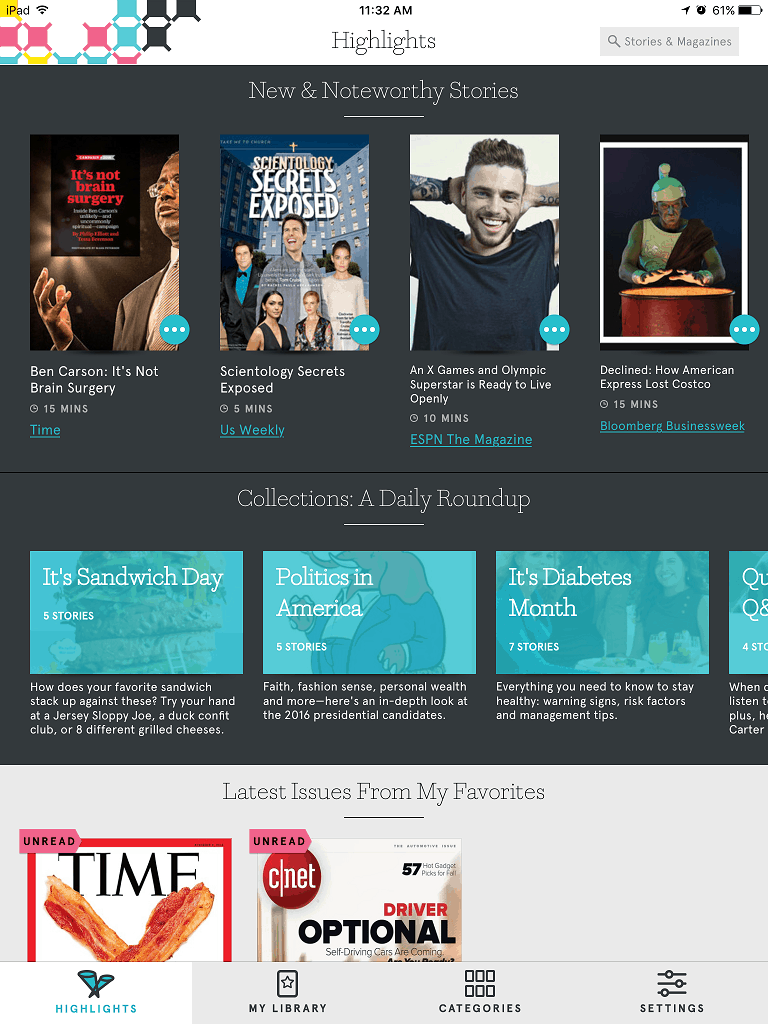IDPF Holds Conference on "Putting Reader First", Neglects to Put Any on Panels


The Bookseller summarized yesterday’s sessions with an inadvertently funny roundup post this morning. Tell me if you can spot the incongruities:
The theme of the International Digital Publishing Forum conference on day one at Book Expo in New York was “Putting Readers First,” but whether power has shifted from publishers and retailers to readers – asserted in a keynote by Canelo Publishing’s Michael Bhaskar – was quickly challenged by Bloomsbury c.e.o. Richard Charkin, who says it “has transferred to authors.”
For Charkin, the author is “our fundamental customer, and the next few years will be all about looking after the author. We’ve got a long way to go.”
Undoubtedly, as Harper chief digital officer Chantal Restivo-Alessi noted later in the morning, it’s a bit of both: “getting close to the consumer is one element of serving the author.”
…
With the power shift to readers, Bhaskar’s keynote emphasized the key function of curation, “selecting and arranging to add value.” Publishers for decades have complained about too many books. Now the increase is on steroids. Bhaskar sees this “abundance” as our biggest problem: how did we ever get to publishing a million new books in English around the world last year? It’s a macro problem of excess, on top of general information overload.
No, you didn’t miss anything; this conference talked all about readers but did not include any on the panels. (There weren’t very many authors, either.)
Publishing industry insiders have paid hundreds of dollars per person to come to a conference and be lectured about readers while not actually getting an opportunity to listen to readers, much less talk to said readers. There weren’t even very many panelists who regularly interface with readers; instead we got senior management from publishers and leading tech companies.
The IDPF is having its equivalent of a "women in comics panel" moment, only this time it’s more funny than sad. I didn’t really expect the IDPF to include readers in its panels about readers, and in the absence of that frustration I am free to be amused by this trade group’s oversight.
Yes, I do find the incongruity amusing. It’s like a bunch of teen-aged boys confusing talking about girls with talking to girls (to be fair, I don’t think boys would make that mistake).
image by markhillary

Comments
TheSFReader May 28, 2015 um 3:08 pm
Yeah. I am a reader, and well, as long as they keep on focusing NOT on the reader, but on who they think the reader is/what he wants, I guess they’ll keep on missing their target (or more on hitting it by accident)
fjtorres May 28, 2015 um 4:32 pm
In the tradpub world readers are a source of money.
And nothing else.
Job one is to get as much money out of them as possible by whatever means possible, as cheaply as possible.
The hangup, naturally, is the "cheaply" part.
Being cheap, the least they can do is the most they will do.
And, of course, they will do it from as far away as possible.
Ideally, they want others (authors, agents, bookstores) to do the real work for little to no pay. So they wring their hands with concern, hoping somebody else will give them the answer. For free.
Which is the real joke about the pundits and consultants trying to squeeze money out of tradpub by pretending they know something about readers; it doesn’t matter if they know something useful or not because the publishers aren’t going to pay anyway. They can’t even be bothered to spend money on authors so why spend it on consultants?
They’ll go to conferences and panels and listen to whatever they can hear for free or near free but big bucks they won’t spend.
Gary May 28, 2015 um 8:56 pm
With the arrival of the internet it is ridiculously easy for suppliers to reach out to their customers. I couldn’t begin to guess how many on-line surveys I have been asked to complete.
"Dear Gary," they say, "Recently you purchased xyz from us. Is it what you really wanted? Did the on-line information accurately describe the product? How was the delivery? Are you satisfied now that you bought it? How can we do a better job?" and on, and on, and on.
I have NEVER received such a survey after buying an eBook.
Personally, I think that big publishing has still not accepted the fact that the reader actually matters to their business. Instead, they continue to focus on the middlemen, the bricks-and-mortar booksellers, and the electronic booksellers. If they put one millionth of the effort into to contacting readers as they do into negotiating a new contract with Amazon.com they might be surprised at what they hear. But as long as they can keep their middlemen happy, they think, the money will keep rolling in…
If and when the money stops coming in, they will panic and exclaim that they had no idea there was any problem.